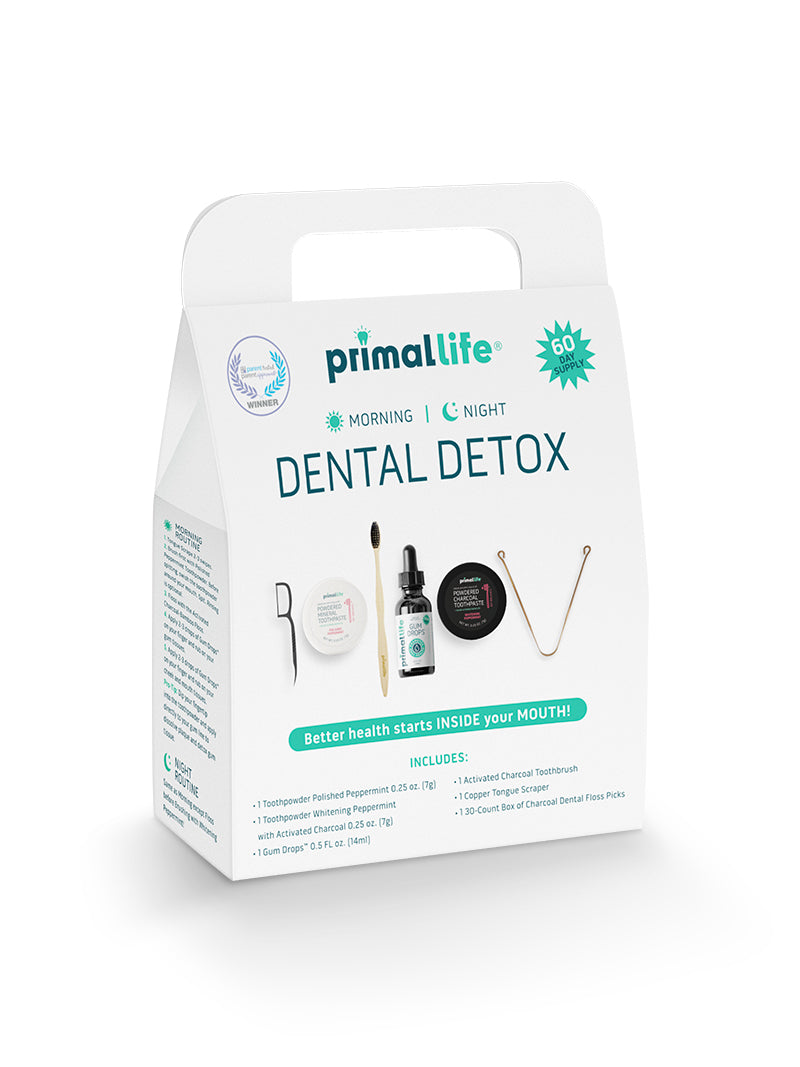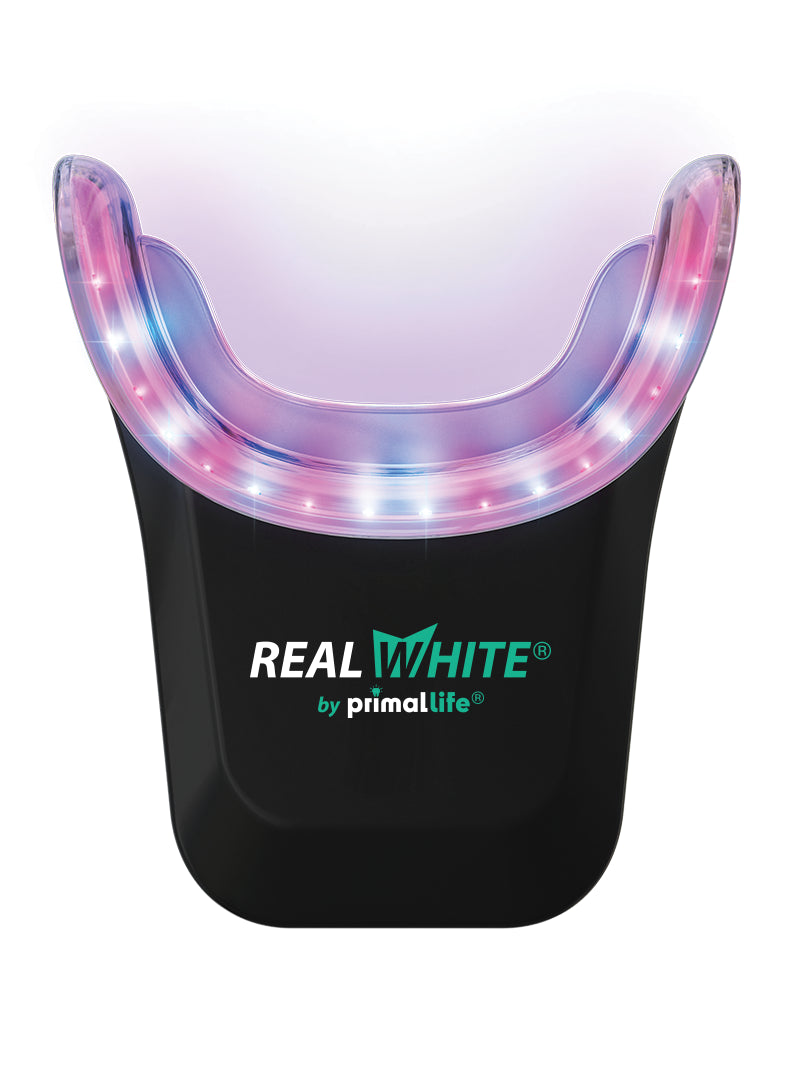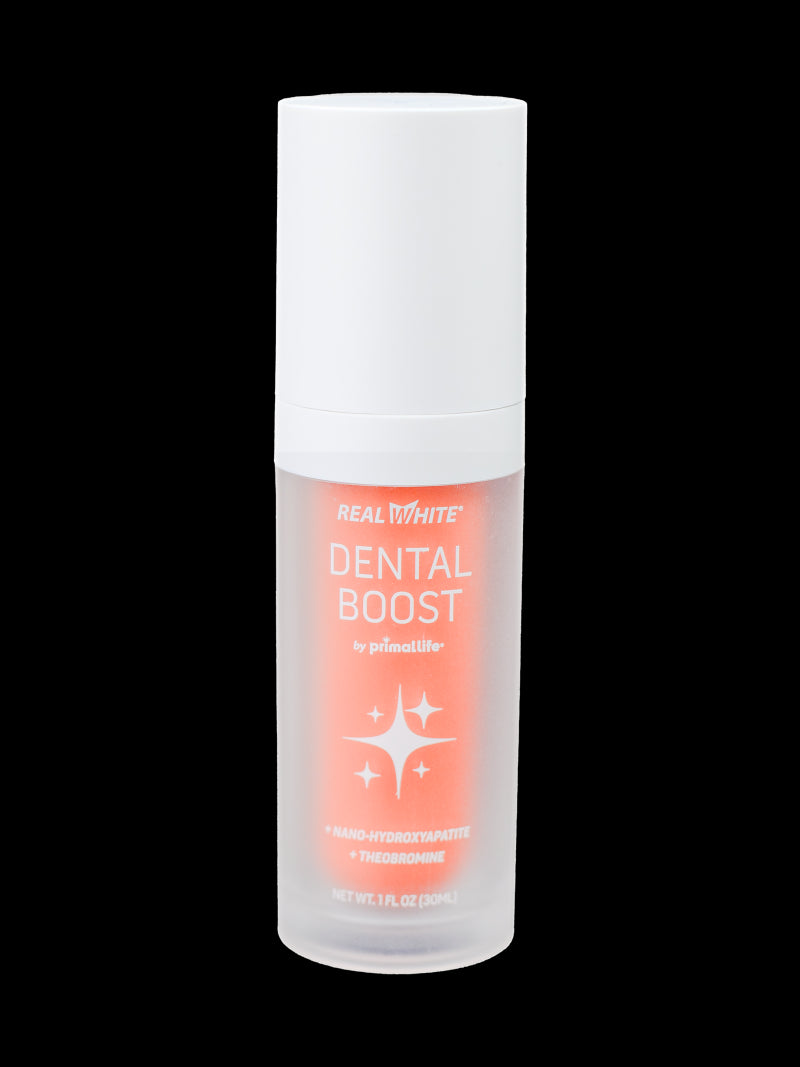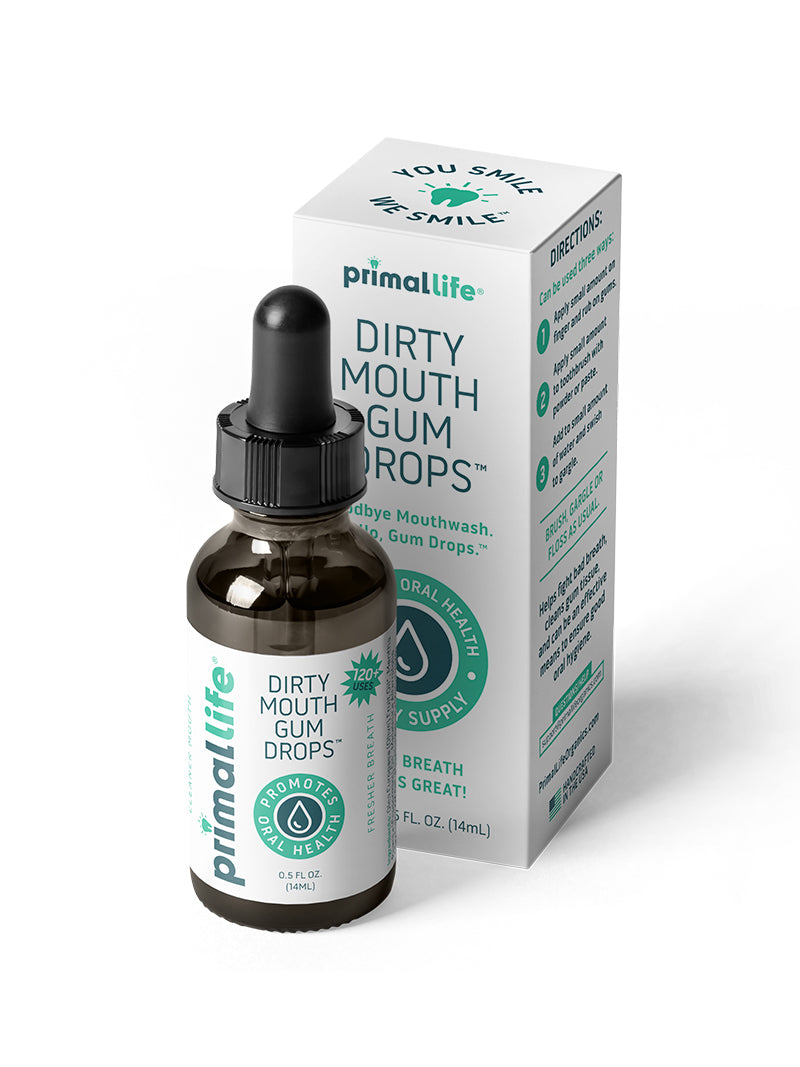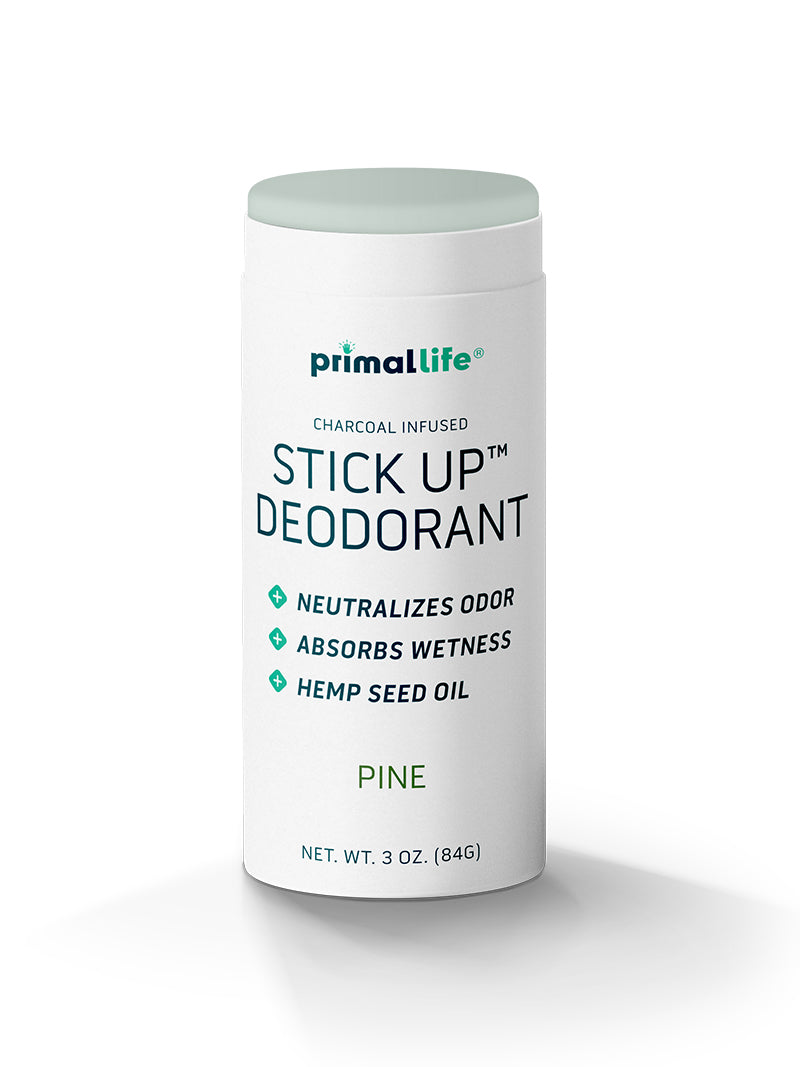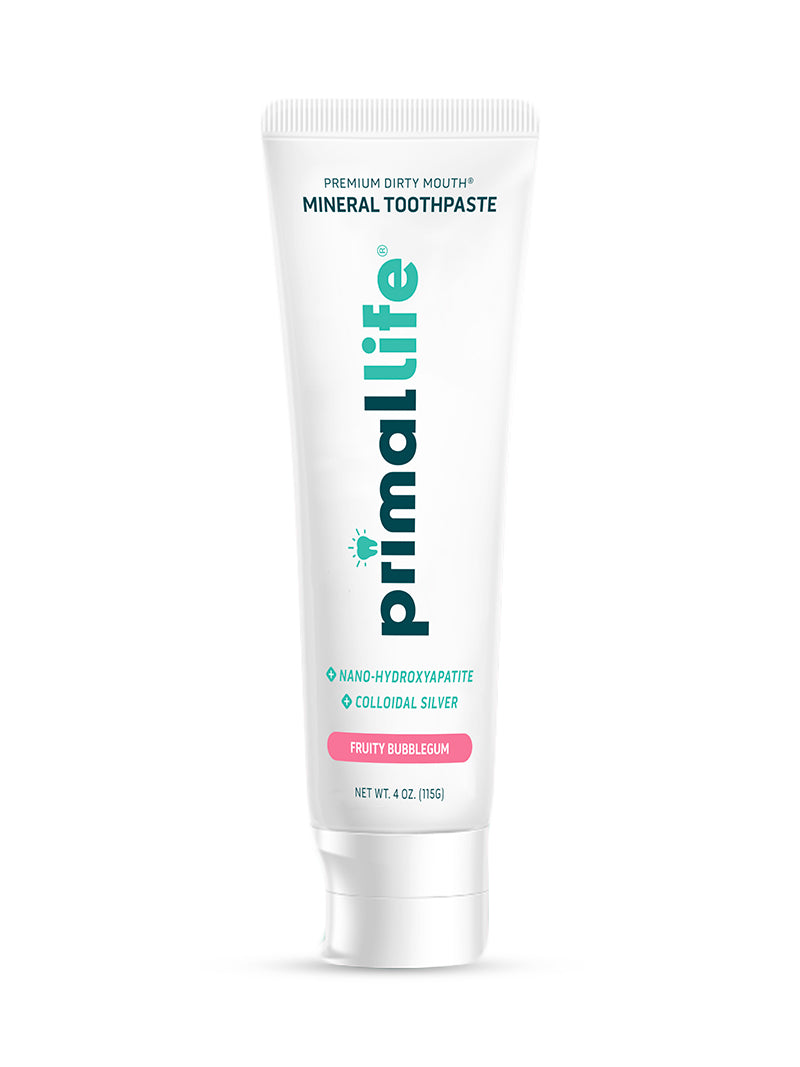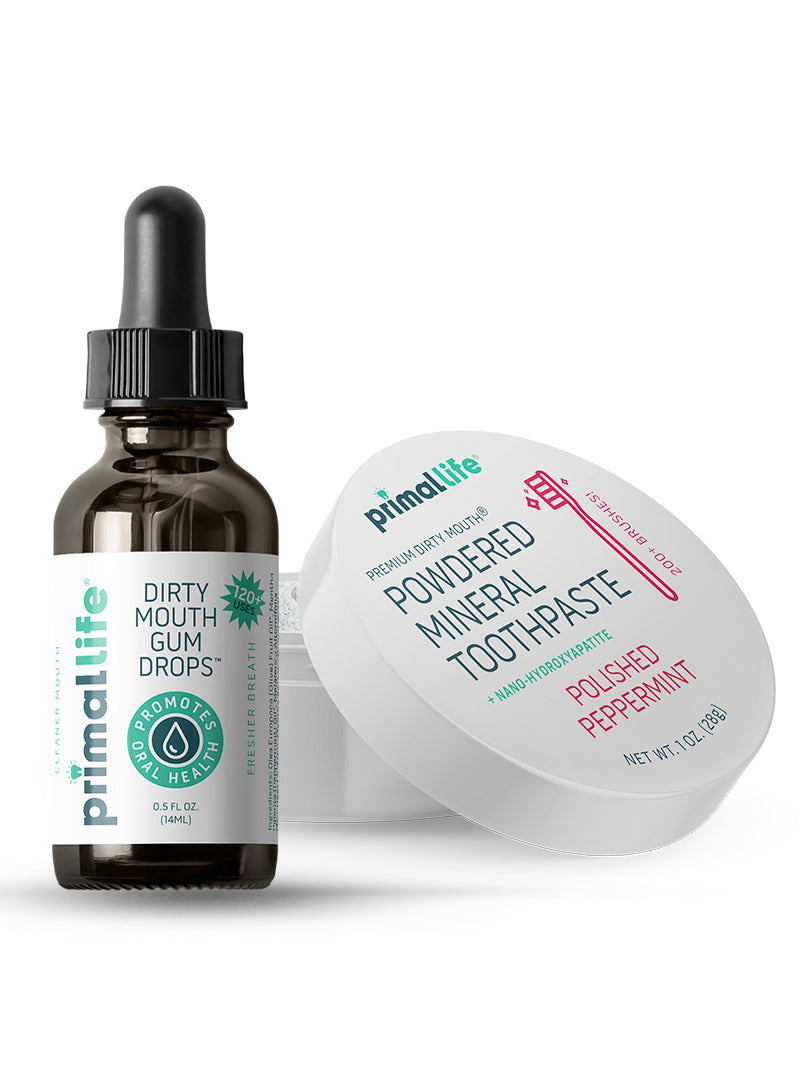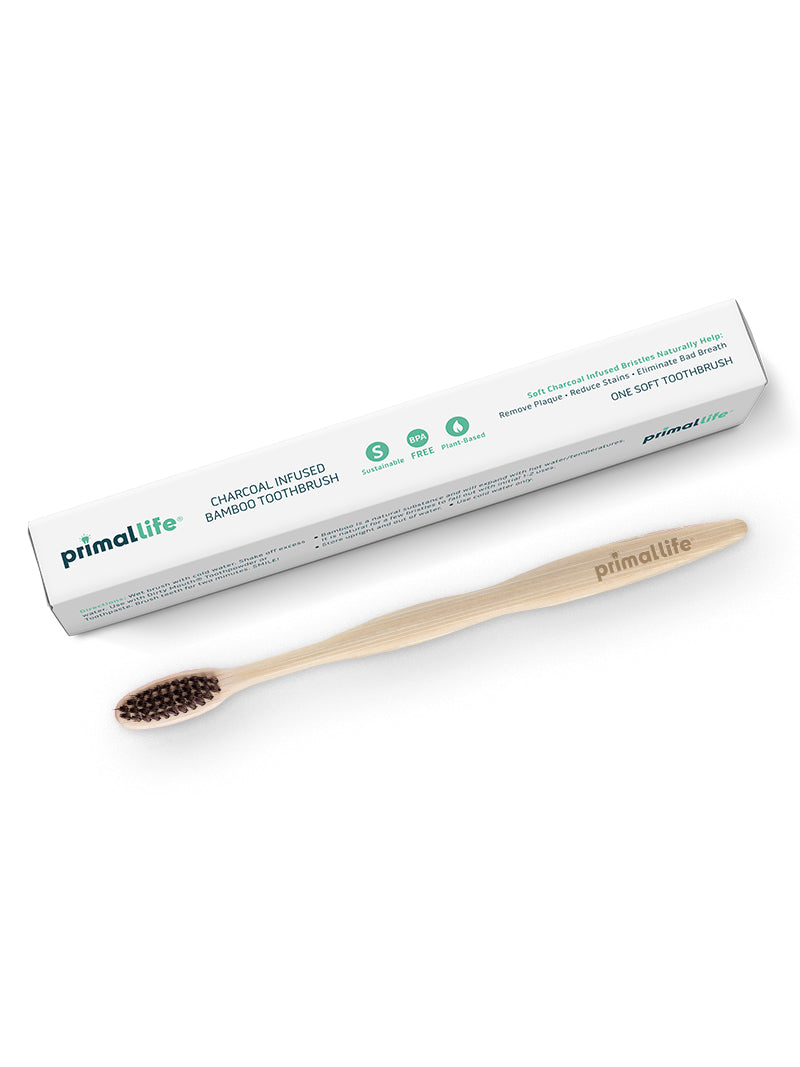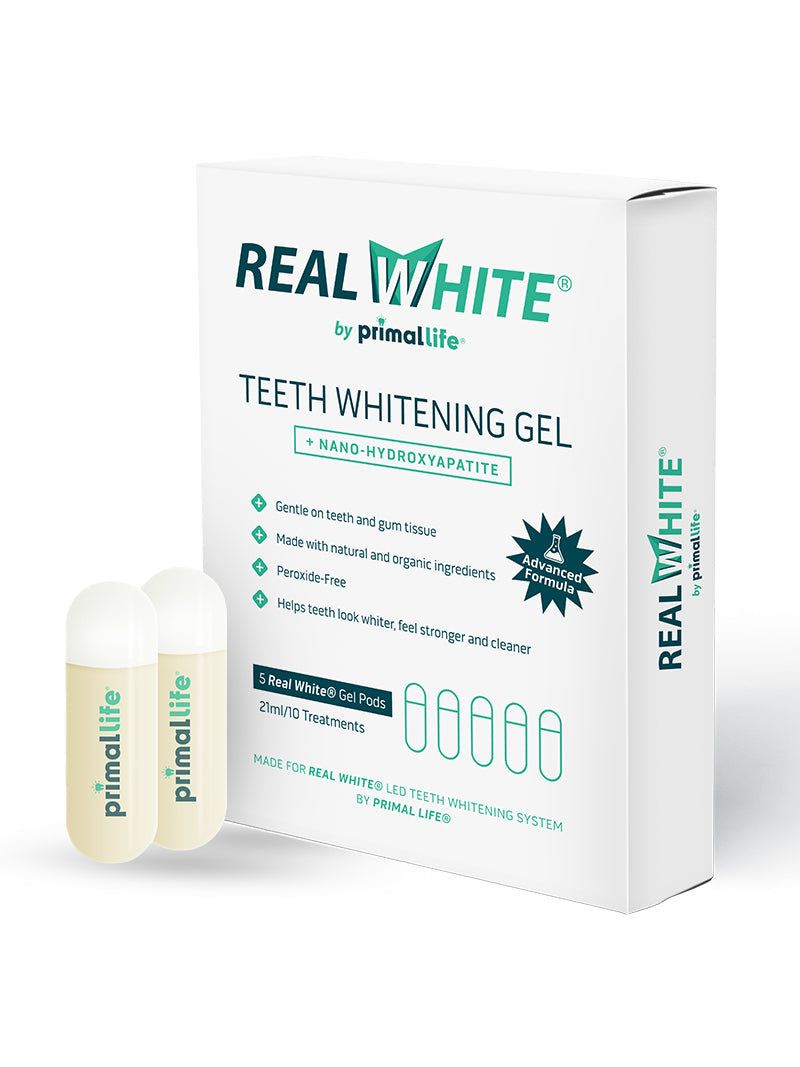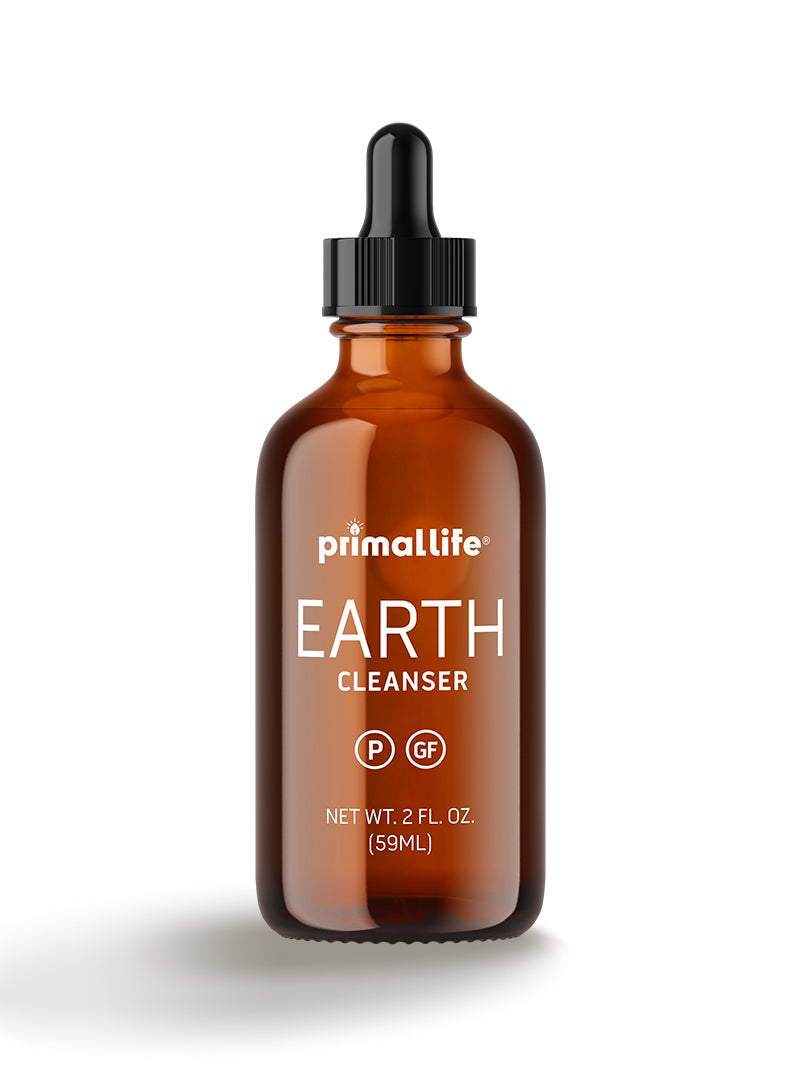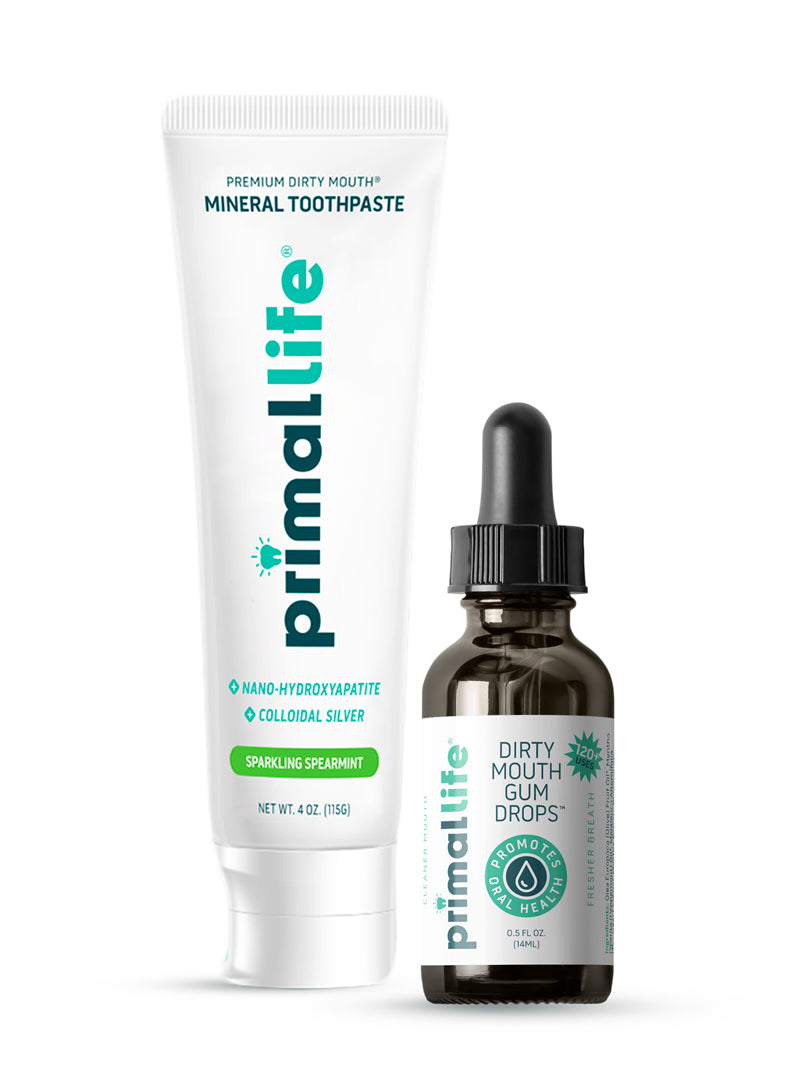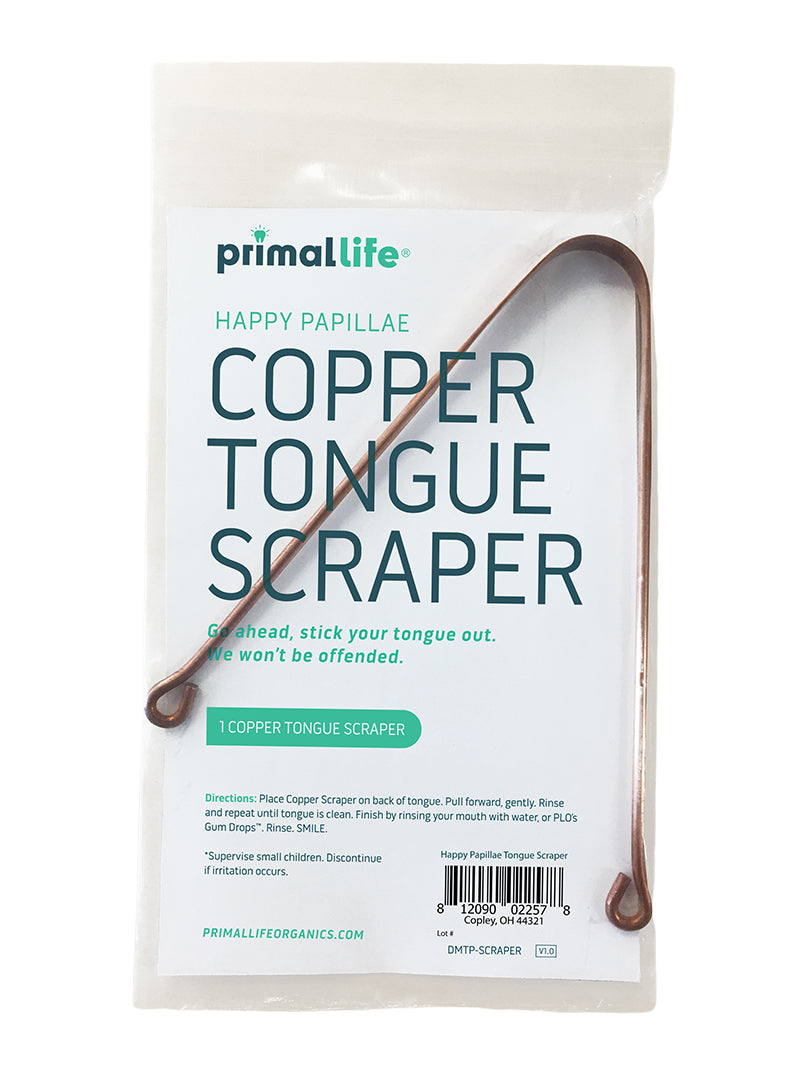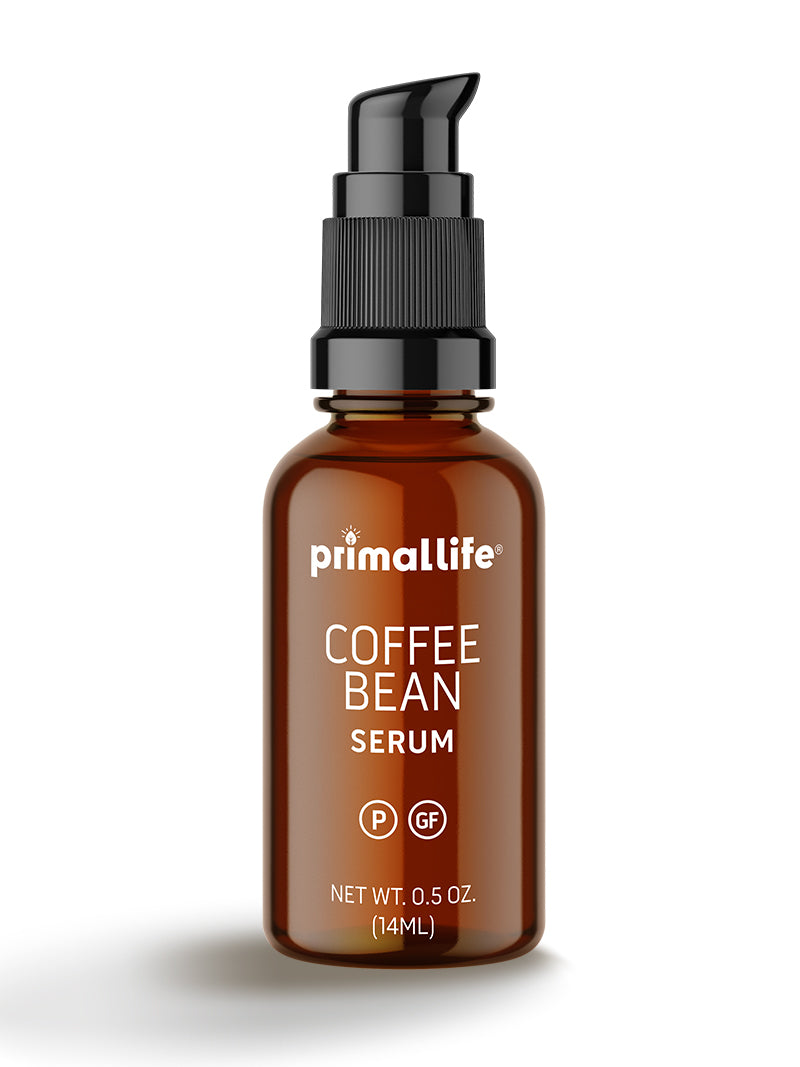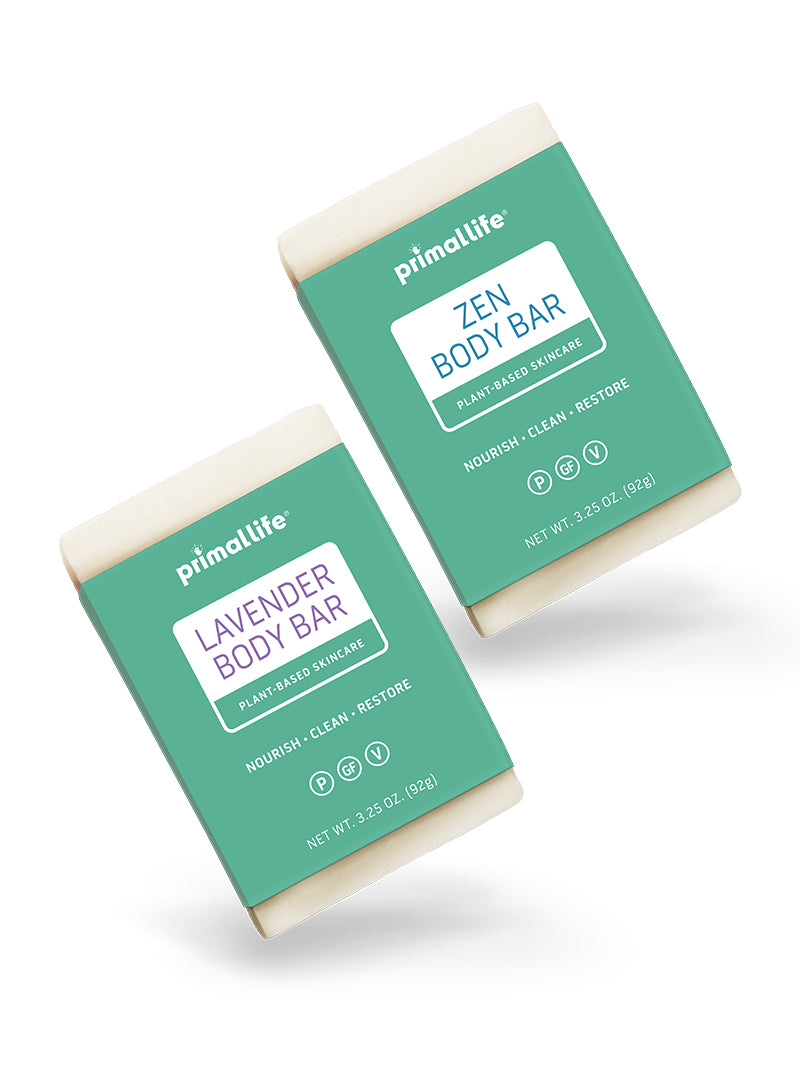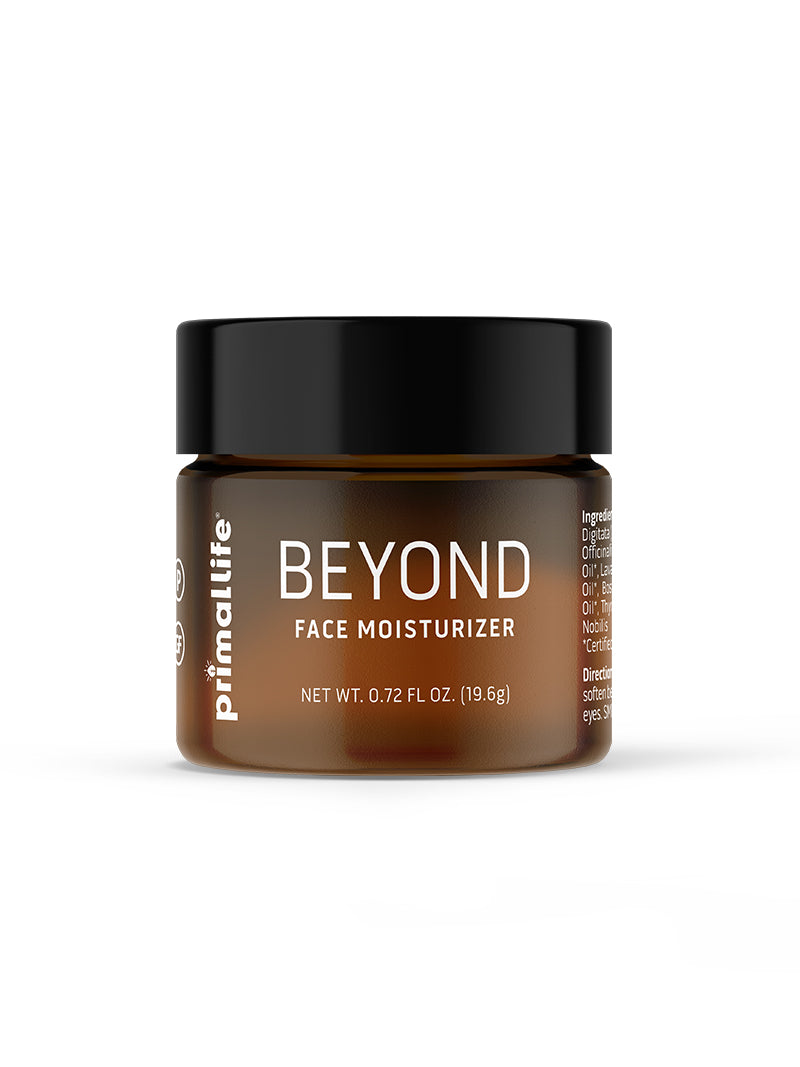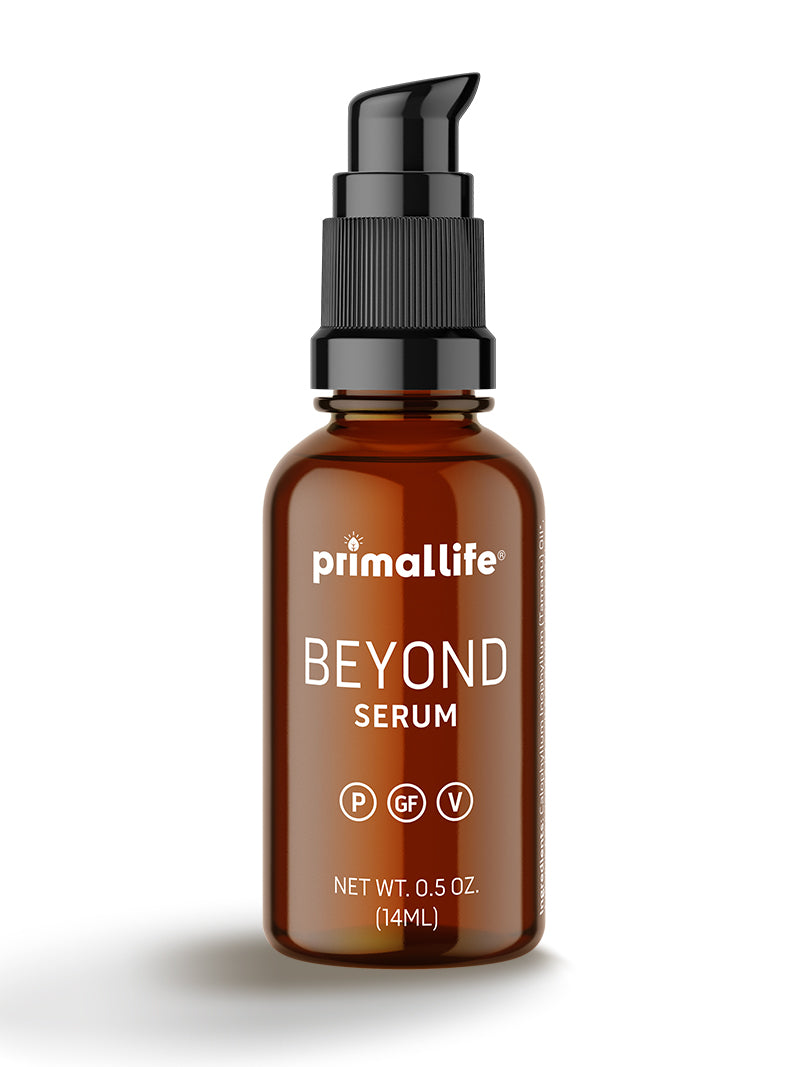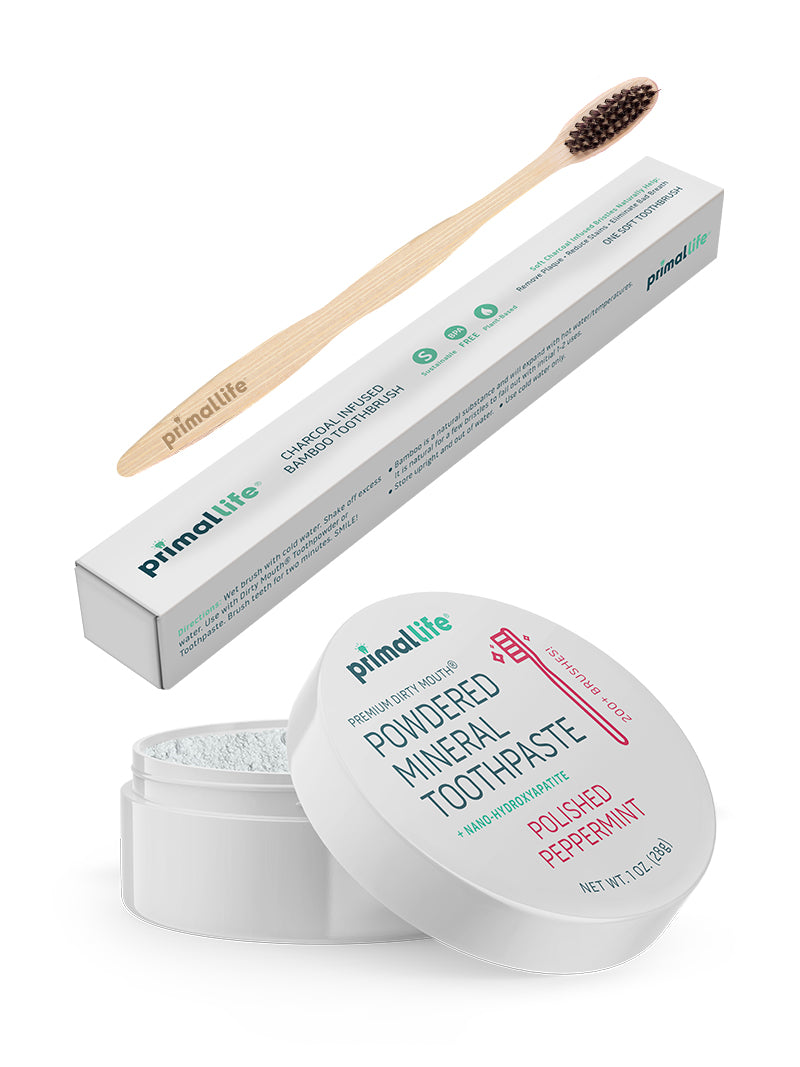Your Ultimate Guide to Effective Natural Skincare for Sensitive Skin
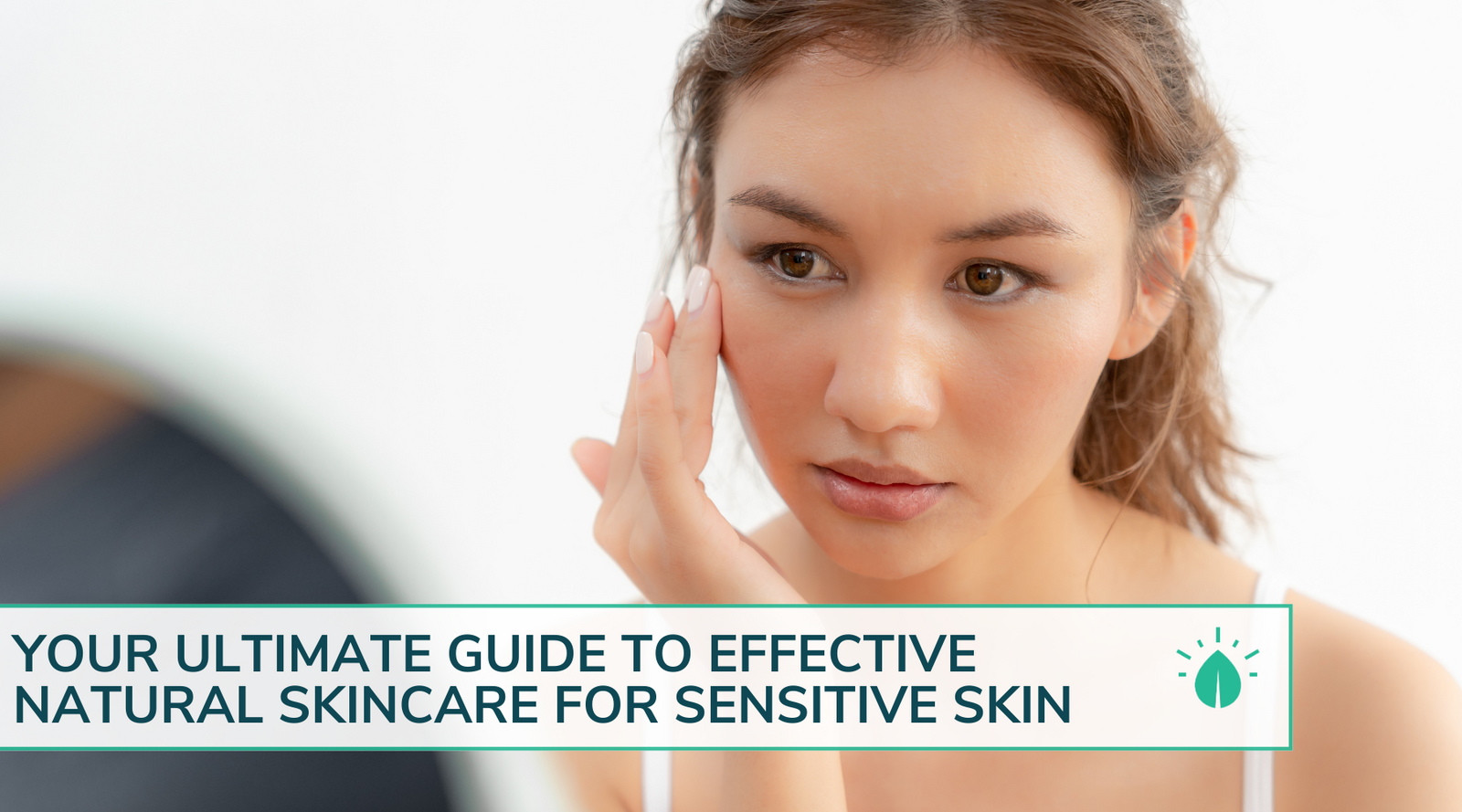
In recent years, the skincare world has seen a surge in interest surrounding the topic of sensitive skin. Social media platforms like Instagram and TikTok are flooded with hashtags like #sensitiveskin, drawing millions of posts and views.
But what is the cause of this trend? Is sensitive skin merely a passing fad, or is it a genuine concern that deserves attention?
Let's dive deeper into the world of sensitive skin, exploring its prevalence, the factors contributing to its rise, and effective natural solutions you can use to heal your sensitive skin.
Understanding Sensitive Skin
A recent analysis of published literature revealed that 71% of the general population self-reported experiencing sensitive skin, marking a notable 55% increase over the past two decades.
To get to the bottom of why sensitive skin is becoming more common, it's important to first understand exactly what we mean by 'sensitive skin.' Knowing what triggers sensitive skin and understanding its unique characteristics isn't just informative – it's the key to finding solutions that work for you.
While "sensitive skin" lacks a clinical diagnosis, it can be characterized as skin that reacts adversely to specific products. This reaction manifests subjectively through sensations such as burning, tingling, stinging, redness, and dryness.
A recent study conducted an online survey involving 1,000 participants (800 females, 200 males, aged 18-65) who self-identified as having sensitive skin, representing various ethnicities. The findings indicated that respondents attributed the majority of their skin reactions to stress and certain ingredients.
Moreover, individuals who categorized themselves as extremely sensitive were found to be 200% more likely to have received diagnoses of conditions such as eczema, rosacea, acne, or allergies compared to those with slight sensitivity.
Additionally, the study revealed that one-third of patients with skin conditions like acne, atopic dermatitis, psoriasis, and rosacea are estimated to struggle with emotional disorders, including anxiety and depression. Furthermore, 50 percent of adults with moderate to severe atopic dermatitis reported that it significantly impacts their social functions, sleep, work productivity, leisure activities, and family relationships.
Sensitive vs. Sensitized: Understanding the Difference
It’s important to recognize the difference between sensitive skin and sensitized skin.
While sensitive skin can be genetic or linked to underlying medical conditions like eczema or rosacea, anyone can experience temporary sensitivities - sensitized skin - often triggered by specific ingredients or environmental factors.
However, sensitized skin can exacerbate underlying conditions related to sensitive skin, potentially contributing to the reported rise in cases of sensitive skin, a point we will explore further later in this article.
The Hypoallergenic Dilemma - Lies Of The Beauty Industry
As the prevalence of sensitive skin continues to rise, beauty companies are increasingly aware of the growing demand for products tailored to sensitive skin concerns. In response, there has been a proliferation of skincare products marketed specifically to individuals with sensitive skin.
Among the marketing tactics employed by beauty companies, terms like "hypoallergenic," "natural," or "organic" are frequently used to appeal to consumers seeking gentler skincare solutions. However, it's important to recognize that there are currently no regulations governing the use of these terms in the skincare industry.
This lack of regulation means that manufacturers can claim their products produce fewer allergic reactions or contain natural or organic ingredients without substantiating these claims. As a result, consumers, including those with hypersensitive skin or those seeking milder options, may be misled into believing that these products are inherently safer for their skin.
In reality, the terms "hypoallergenic," "natural," and "organic" lack standardized definitions and scientific bases, making it imperative for consumers to exercise caution and diligence.. Learning how to read skincare labels will help you make more informed skin care choices.
The Real Cause Behind The Rise In Sensitive Skin
With sensitive skin on the rise, it’s important to take a step back and ask ourselves WHY.
Why are more and more people struggling with skincare issues? It's not for the lack of beauty products on the market.
Let's take a closer look at what is causing this rise in sensitive skin.
Chemical Overload in Skincare Formulations: The beauty industry, which has been under scrutiny for years, is increasingly using a plethora of chemicals in their skincare formulations.
Products marketed as miracle solutions for various skin concerns, from wrinkles to dark pigmentation, acne, and rosacea, often contain a cocktail of potentially irritating, toxic ingredients. Prolonged exposure to these chemicals can compromise the skin's natural barrier function, contributing to increased reports of sensitivity.
Overuse of Potent Active Ingredients: Another factor contributing to the rise in sensitive skin is the overuse of potent active ingredients such as retinoids, alpha hydroxy acids (AHAs), and beta hydroxy acids (BHAs).
While these ingredients offer promising benefits, excessive use can lead to skin irritation and sensitivity, especially when combined with other harsh chemicals commonly found in skincare products.
Misleading Marketing Claims: The beauty industry often promotes products with exaggerated claims of efficacy, promising to address multiple skincare concerns simultaneously. However, these products may contain high concentrations of active ingredients or harsh chemicals that can exacerbate sensitivity issues rather than providing genuine solutions.
Environmental Stressors and Lifestyle Factors: Modern lifestyles characterized by high stress levels, inadequate sleep, and unhealthy dietary habits can also impact skin health.
Additionally, environmental stressors such as pollution, UV radiation, and climate change can weaken the skin's protective barrier, making it more susceptible to irritation and inflammation.
Mask-Wearing During the Pandemic: The widespread adoption of face masks during the COVID-19 pandemic has further exacerbated skin sensitivity issues.
Constant friction from mask-wearing, combined with trapped moisture and bacteria, can lead to mask-induced skin irritation or "maskne." This phenomenon has added to the burden of existing skin conditions or caused new sensitivity issues to emerge.
Crafting a Sensitive Skin Regimen - A Holistic Approach
Sensitive skin isn't just a surface-level concern—it's a symptom of deeper problems like the overuse of toxic, harsh chemicals, environmental pollutants, and stressors that are increasingly part of our lives. This has led to a rise in conditions such as rosacea, acne, dry skin, and overall sensitive skin reactions.
As a company that deeply believes in holistic wellness practices, it is not enough to merely “manage” sensitive skin, or any other issue that is caused by external factors.
Primal Life Organics was founded in 2012 by registered nurse Trina Felber, who underwent her own challenges with skincare products when she suffered a miscarriage. After discovering the "natural" and "organic" products she was using were filled with toxic chemicals, she made it her mission to help others never have to suffer the consequences of products made with toxic ingredients.
Her mission back then and today is to address the root causes of skin and oral health issues by eliminating harmful external chemicals and replace them with pure, organic, natural ingredients.
Our philosophy extends to our carefully curated product lines, designed with your health and wellness in mind. For those particularly concerned with sensitive skin, our Pomegranate Package is a testament to our commitment to holistic skin health. This carefully selected range targets the visible signs of aging and supercharges your skin with deep hydration, promoting a youthful, vibrant appearance.
Pomegranate is chosen for its remarkable ability to restore skin elasticity, boost collagen production, deeply nourish the skin's outer layer, and neutralize free radicals that cause damage and skin sensitivity.
Our products, including the gluten-free, chemical-free, water-free Pomegranate Package, are specifically formulated for those dealing with dryness, chemical sensitivity, mold toxicity, or allergies, prioritizing your skin's health and well-being.
Primal Life Organics stands out for its unwavering commitment to natural and organic ingredients, free from harmful chemicals. Transparency, ingredient quality, and a holistic approach define our brand. We offer customizable solutions for various needs and sensitivities, acknowledging that essential oils, while generally healthy, may not suit everyone—especially individuals with acute illnesses or in healing stages.
Incorporating Primal Life Organics into your daily regimen means choosing a path of healing and nourishment. It's about embracing a holistic approach to sensitive skin care that addresses not only the symptoms but the underlying causes, ensuring a healthier, more radiant complexion.
Navigating Sensitive Skin - Naturally
In the world of skincare, understanding and managing sensitive skin—affected by conditions like rosacea, acne, dryness, or general sensitivity—is crucial. Primal Life Organics leads with solutions that prioritize natural ingredients, transparency, and a holistic wellness approach.
Our mission is clear: to offer skincare that is safe, effective, and aligned with the principles of holistic health. Our focus on organic and natural ingredients highlights our commitment to providing products that not only care for sensitive skin but also support overall skin health.
Ready to experience the difference with Primal Life Organics? Explore our range of natural skincare products designed to nourish and protect sensitive skin. Start your journey to healthier, more radiant skin today!
REFERENCES
https://pubmed.ncbi.nlm.nih.gov/31869523/
https://pubmed.ncbi.nlm.nih.gov/26227881/
https://www.premiumbeautynews.com/en/71-of-adults-have-sensitive-skin,21036
https://www.fda.gov/cosmetics/resources-consumers-cosmetics/cosmetics-safety-qa-hypoallergenic
https://pubmed.ncbi.nlm.nih.gov/22183100/
https://www.ewg.org/the-toxic-twelve-chemicals-and-contaminants-in-cosmetics



